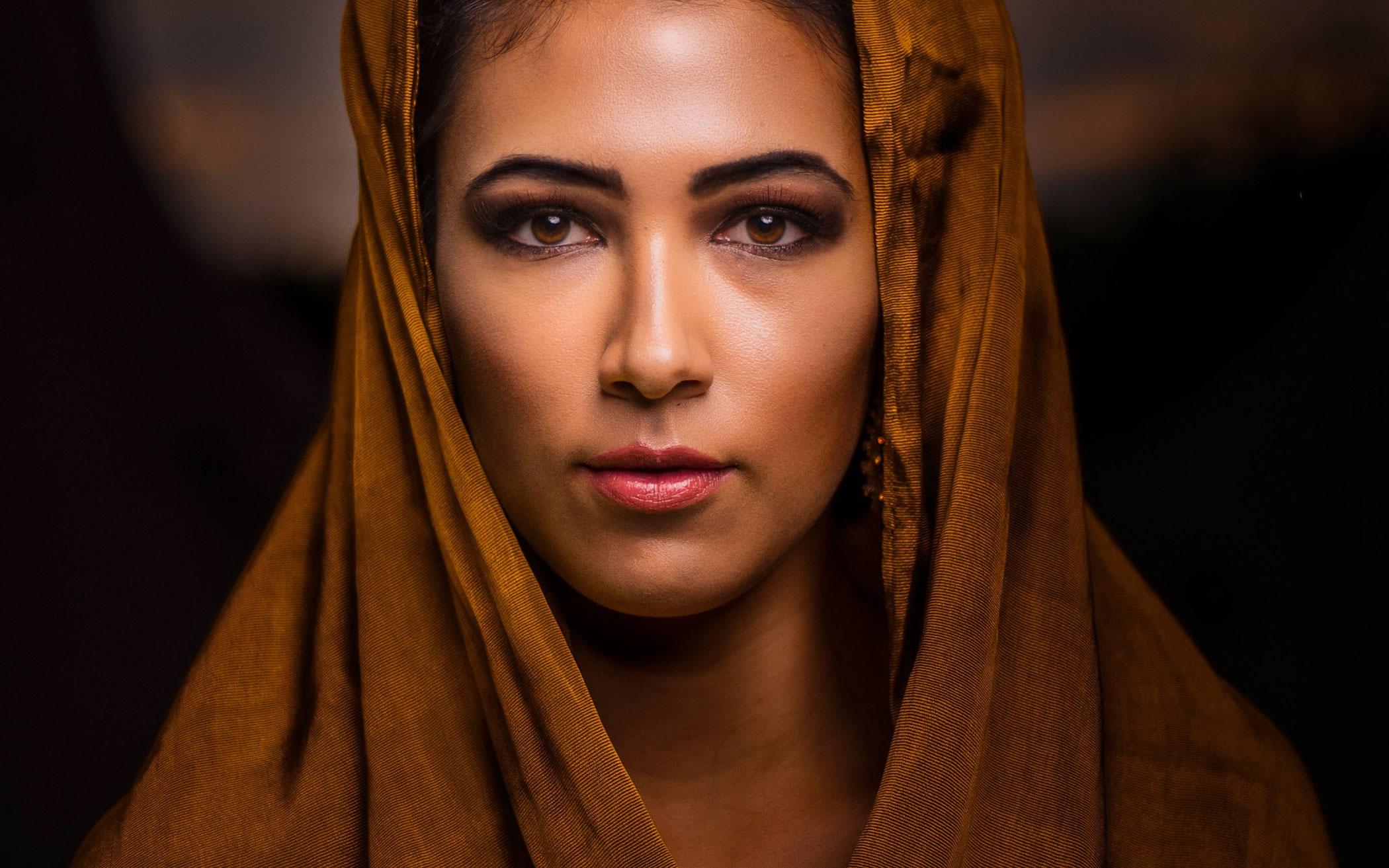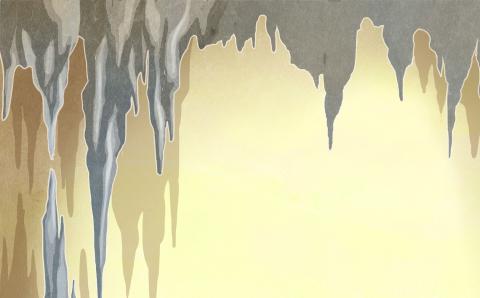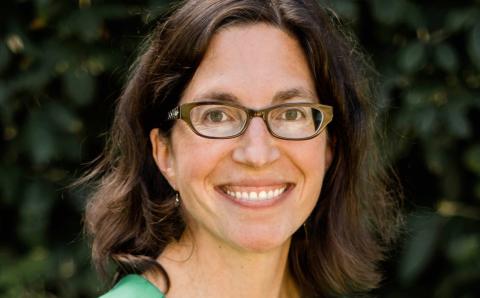“Pastor Thea,” she asked, “can you direct me to some specific passages or a book of the Bible that will help me better understand how to grow my faith as a Christian woman?” We had just ended a gathering of our women’s Bible study, and the question came from a woman who was new to the Christian faith.
I admit it: I winced at her question. How to gently explain that as Reformed Christians, we confess that the Bible, as the Word of God, speaks to all of us with all of its words? The priesthood of all believers means that the Bible is equally accessible to all of us through the Holy Spirit, who opens our hearts to God’s voice. Despite the best marketing efforts of Bible publishers, there are no “pink letter” or “blue letter” editions of the Bible. Regardless of which pronouns we use, all of the Bible is “inspired by God and is useful for teaching, for reproof, for correction, and for training in righteousness” for all of us (2 Tim. 3:16, NRSV).
But the question was genuine. Where could I direct her? To a woman of the Bible? Sarah? Deborah? Ruth? The Marys that walked beside Jesus? How about the list of Paul’s colleagues in Romans 16: Minister Phoebe, Teacher Priscilla, Apostle Junia? What if we looked at Rahab, the only woman listed in Hebrews 11 as an exemplar of the faith?
Rahab—a heavyweight of faith in salvation history? Rahab, no pretending otherwise, is a prostitute. Her story is told in Joshua 2, a story of bumbling spies and seamless lies. Sent by Joshua to check out the defenses of Jericho, the spies spend little time engaged in actual reconnaissance. Instead, they sneak into town and head right to its brothel. They aren’t capable of keeping a low profile, either. Alerted to their presence, the king demands that Rahab turn the spies over to him. Instead, Rahab hides them and tells the king they had already sneaked out the city gates the night before and headed back to the Israelite camp. Rahab then sends the spies to hide in the hills in the opposite direction of the king’s search party until it’s safe for them to return to their camp, where all they can report back to Joshua is Rahab’s intel.
But before the spies leave Jericho, Rahab secures a promise from them that she and her family will be saved when the city is destroyed. And indeed, as the city falls, Rahab lowers the agreed-upon signal—a red cord—from her window, and she and her family are saved.
But why does the writer of Hebrews praise Rahab? Whatever the reasons that might have forced her into her profession, Rahab is a marginal figure in her society. Even where she lives tells us that: she lives in the city wall, on the very edge of town at the boundary between inside and outside. Maybe that’s why it’s easier for her to respond differently to the invading Israelites. Rahab is truly an outsider: she is a woman, a prostitute, and a pagan. Perhaps that is what makes it possible for her to turn traitor and liar. Yet it is Rahab who understands best who Yahweh is: “Your God is indeed God in heaven above and on earth below” (Josh. 2:11, NRSV).
The story of Rahab is less about what happened than why it happened. It is Rahab’s confession, not her subterfuge, that is the focus of the story. Through the grace and mercy of God, this woman serves as a witness to truth and as a role model of faith. It’s another story in which God reminds the Israelites that they weren’t chosen because they were a great or mighty people. Israel’s story is the story of God’s compassion and mercy rather than a story of Israel’s inherent righteousness. That is the beauty of Scripture: hearing again the biblical story and its rich themes. And one theme in that story is the theme of Rahab’s story: who it is that God calls to be part of the family of God.
We like stories where there are clearly defined roles, where wrong is wrong and right is right, where it’s easy to know who the good guys are and who the bad guys are. Of course we think the good guys are always us; we are not the pagan Canaanites. We often read these stories with the conviction that God likes us. We’re the sheep, not the goats.
But the truly astonishing fact is that the Bible has more stories about goats becoming sheep—people whom the community of faith has cast out but whom God hauls back in. God comes to the Egyptian Hagar in the desert and promises to make a great nation of her son Ishmael. A Samaritan woman brings her entire village to faith in Jesus. And a Canaanite prostitute saves two spies and reminds us all that Yahweh is God “in heaven above and on earth below.”
So how is it that such a woman becomes the great-great-grandmother of King David? How is it that her name appears three times in the New Testament: as an ancestor of Jesus in Matthew 1, as an example of true Christian hospitality in James 2, and as the only woman in the Hebrews 11 roll call of superheroes of the faith?
“By faith Rahab the prostitute did not perish with those who were disobedient, because she had received the spies in peace” (Heb. 11:31, NRSV). Rahab knew that there is more to this world than what meets the eye. She sensed that a new world was breaking into her present one—a world ruled by the God of heaven and earth.
Every person making that list understood faith as a verb, as a spiritual muscle that allowed them to act as they would have otherwise been unable to act. Faith is what enabled them to persevere even in the middle of difficult circumstances, to step into the unknown with courage to live a life of risk.
We, too, live by faith. By faith we know that the world and all varieties of its inhabitants (Col. 1:19-20; Rom. 8:19-21) are destined by God for renewal and that even now history moves steadily toward the day when Christ will come again and God’s reign will be established in fullness—a new heaven and a new earth. By faith we pray, “Your kingdom come. Your will be done.” By faith we live in “the assurance of things hoped for, the conviction of things not seen” (Heb. 11:1, NRSV). By faith, we live into a vision that is not yet present or visible to the eye yet empowers us to move into the future with trust and confidence, knowing that our world belongs to God. We claim that future even when it demands our radical trust and costly obedience. We join those who, like Rahab, look for the ultimate completion of God’s saving work.
Rahab’s story isn’t just for women because it isn’t just a woman’s story. It’s God’s story, and God’s story is always bigger and greater and grander than our individual stories.
What joy! We dwell in the deep assurance and the solid conviction that God’s story is big enough to include us all.
Note: A sentence was revised slightly March 7, 2022, for precision and clarity.
About the Author
Thea Leunk is a pastor at Eastern Avenue Christian Reformed Church in Grand Rapids, Mich.









